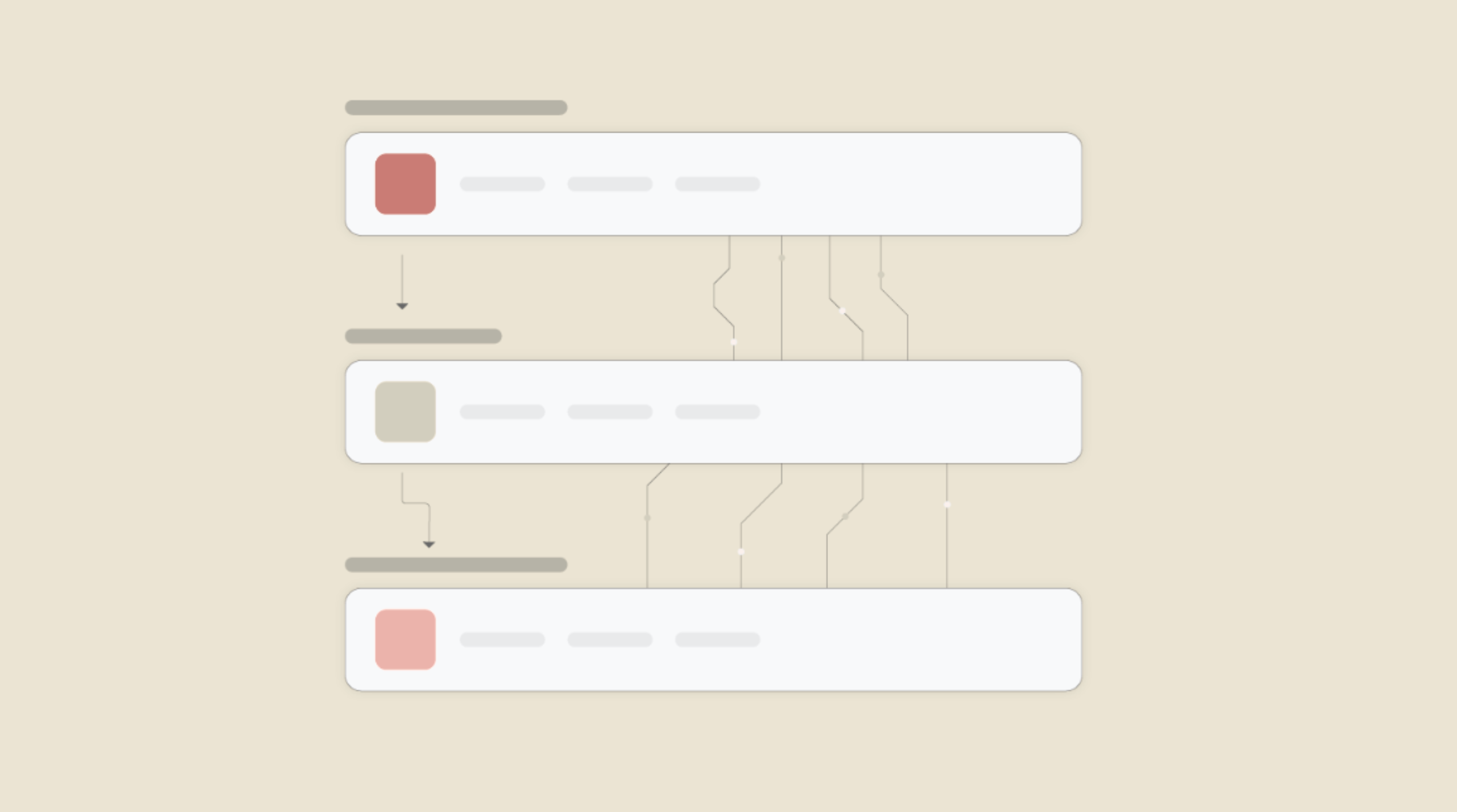Connect MYSQL and digs to Build Intelligent Automations
Enable Integrations or automations with these events of MYSQL and digs
Enable Integrations or automations with these events of MYSQL and digs
Actions
Find row(s) from a table
Find row(s) via a lookup column.
Execute a Query (advanced)
You can select, create, update or delete row(s) of table via custom SQL query.
Insert Row
Adds a new row into the table.
Update row(s) in a table
Update any existing row in the given table.
Delete row
Deletes row from a table.
tesitng
this is only for testing purpose
Explore more automations built by businesses and experts
Know More About Mysql and Digs Integrations

How viaSocket Works | A Complete Guide
Gain insights into how viaSocket functions through our detailed guide. Understand its key features and benefits to maximize your experience and efficiency.

5 Simple Automation Hacks to Make Your Team Free
Unlock your team's potential with 5 straightforward automation hacks designed to streamline processes and free up valuable time for more important work.

What is Workflow Automation - Definition, Importance & Benefits | A Complete Guide
Workflow automation is the process of using technology to execute repetitive tasks with minimal human intervention, creating a seamless flow of activities.
Frequently Asked Questions
To start, connect both your MYSQL and digs accounts to viaSocket. Once connected, you can set up a workflow where an event in MYSQL triggers actions in digs (or vice versa).
Absolutely. You can customize how MYSQL data is recorded in digs. This includes choosing which data fields go into which fields of digs, setting up custom formats, and filtering out unwanted information.
The data sync between MYSQL and digs typically happens in real-time through instant triggers. And a maximum of 15 minutes in case of a scheduled trigger.
Yes, viaSocket allows you to add custom logic or use built-in filters to modify data according to your needs.
Yes, you can set conditional logic to control the flow of data between MYSQL and digs. For instance, you can specify that data should only be sent if certain conditions are met, or you can create if/else statements to manage different outcomes.
About MYSQL
MySQL is an open-source relational database management system (RDBMS) that uses Structured Query Language (SQL) for managing and querying data. It is widely used for its speed, reliability, and flexibility in handling large-scale database applications. MySQL is commonly employed in web development and is a key component of the popular LAMP stack (Linux, Apache, MySQL, PHP/Perl/Python).
Learn MoreAbout digs
Digs provides branded financial products for real estate professionals that help capture, qualify and retain prospects.
Learn More




